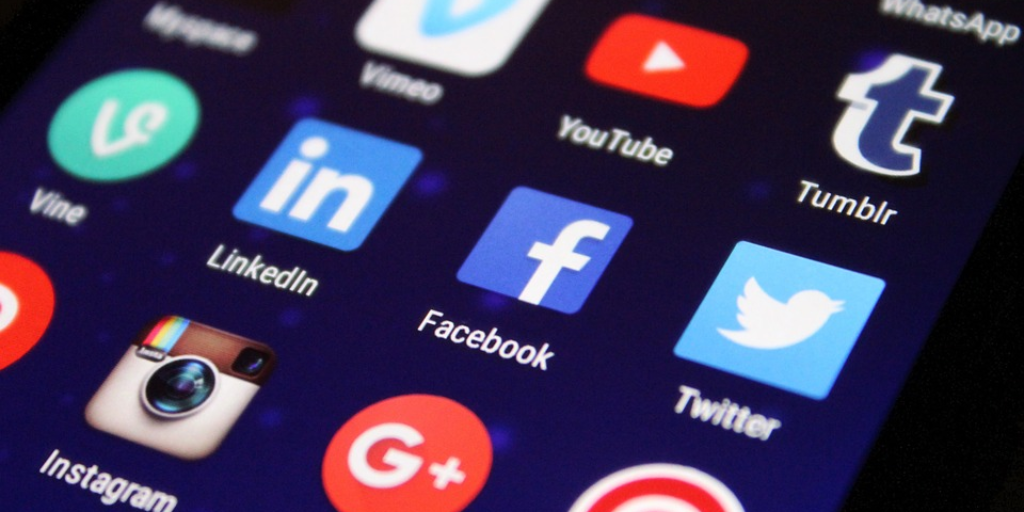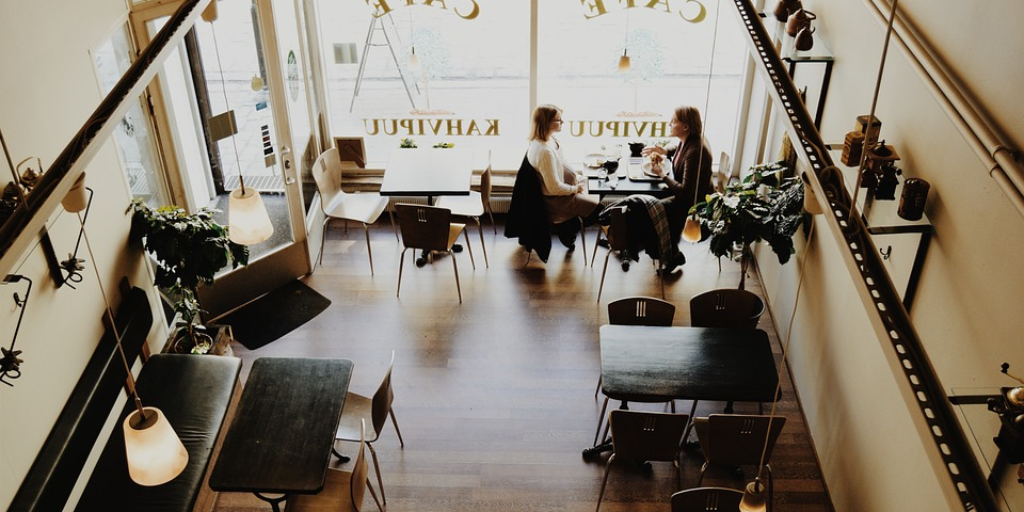The need for authentic connection and community is as fundamental to our health and well-being as the need for air, water and food.
Dean Ornish
Last century most men had two or three friends with whom they could share significant things in their lives – troubles with their boss, marital problems, fears of the future, concerns with children, and so on. They met at the pub after work a couple of times a week or went to church on a Sunday.
Those times have gone now. With long commutes and stricter drink-driving laws, the pub after work has fallen away for most. Far fewer people attend church regularly. A recent British study found that many men could not name even one friend anymore with whom they could confide.

Since 1985, numbers have tripled of people who say they have no friends with whom they can discuss important matters.
Loneliness and isolation hurts health
Loneliness affects every organ in our body. It impacts our health in ways more far-reaching than diet, exercise, even sleep.
- The brain responds to social isolation by increasing the stress hormone, cortisol.
- Inflammation increases measurably in the pathology (blood tests) of lonely people, and
- Genes associated with chronic disease are upregulated (switched on).
A large 2012 study found the effects of feeling socially unconnected were equal to the health effects of smoking, and three times more damaging to health than obesity. Another study found a period of loneliness hastened much earlier death from all causes by six years.
Loneliness or isolation are more likely to cause cancer than environmental carcinogens.
Is Social Media helping?
Social media is supposed to bring us together. And it can – if we use it to connect us to people. We can take the opportunity to –
- direct message,
- send an email,
- make a phone call or
- arrange a face to face get-together
after we see someone we care about on social media.

If we do not use social media to arrange real personal connections, it can make us feel worse the more we use it. It ends up isolating us even further as we think everyone else has a more amazing life than ours.
Offloading with people on Facebook is not the same as being open with real people. On social media, people think they are brave to call out others and be aggressive in a way they would never be face to face with anyone. Worse, when anyone disagrees, it can come across stronger than it would face to face. This can cause you to ruminate on it, which causes stress. If you are ruminating all night long on things, Facebook may be the problem. If you suffer from anxiety, according to many studies, social media may be playing a large part.
In The Stress Solution, Dr Rangan Chatterjee suggests simple ways to get social media usage under control. You can get his excellent book <here>.
How to end isolation
Loneliness is not fixed by being in a large group of people – even friendly people. It ends when we feel safe to be ourselves; when we can be fully seen and received, even with all our faults. We cannot open up our hearts to everyone all the time, and should not. But we can work to foster relationships where we can be fully ourselves and let down the walls in safety.

Don’t expect your spouse to be the only person. Have other good friends too. Often the things you wish to discuss may be concerns also of your spouse. This degree of closeness to the problem means it hurts them to talk so much about the issue. Or they may be the issue. You may have different friends with whom you talk about different things.
Growing up in the digital world can actually cause us to lose our ‘friendship skills’. We feel uncomfortable with others and forget how to make good connections. But we can learn to make better connections.
Send me your email on the pop-up form on this page (just refresh the page if you’ve lost it already), and I’ll send you out my 4 tips to forming better connections with others to put on your fridge.

Being able to connect ourselves to others is crucial to our health. We need deep connections with others to truly thrive.



0 Comments